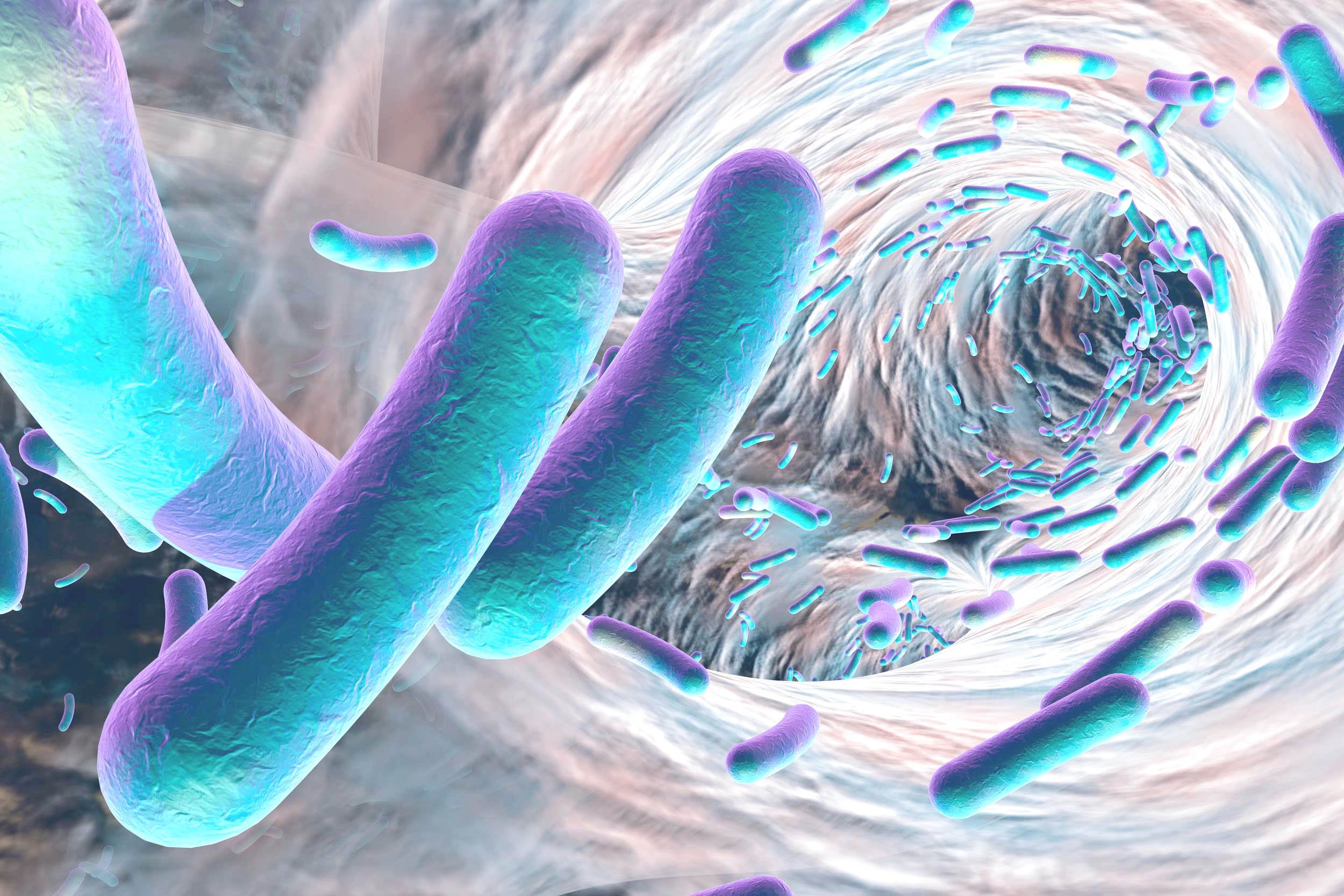Progress
LPOXY Therapeutics is developing a convenient, orally-administered, metered-dose intestinal oxygen delivery therapeutic - SIDIPREV™.

Our aim is to use the healing power of oxygen to protect people from antibiotic-induced C. difficile colitis superinfections and help those suffering from inflammatory bowel diseases.
SIDIPREV™ orally-administered, metered-dose intestinal oxygen delivery is being developed for multiple indications.
Antibiotic-induced C. difficile colitis
We are developing a treatment to be taken with antibiotics to prevent antibiotic-induced C. difficile colitis. SIDIPREV™ is an orally-administered, metered-dose intestinal oxygen delivery therapeutic that gently raises colon oxygen levels.
Inflammatory Bowel Diseases
Clinical research has demonstrated oxygen’s impressive effectiveness in treating inflammatory bowel diseases.
LPOXY is working on a treatment to help maintain remission and prevent flare-ups of inflammatory bowel disease, through enteric aerobization therapy.



